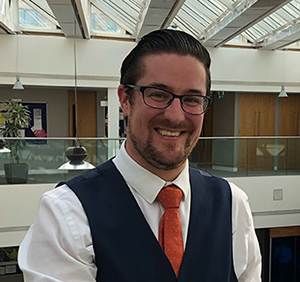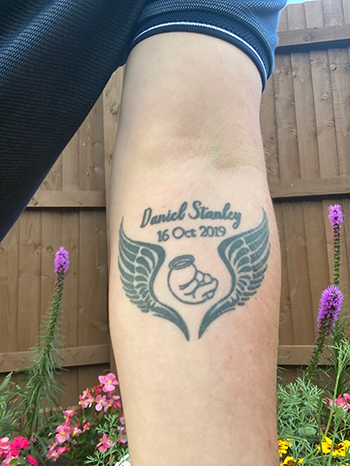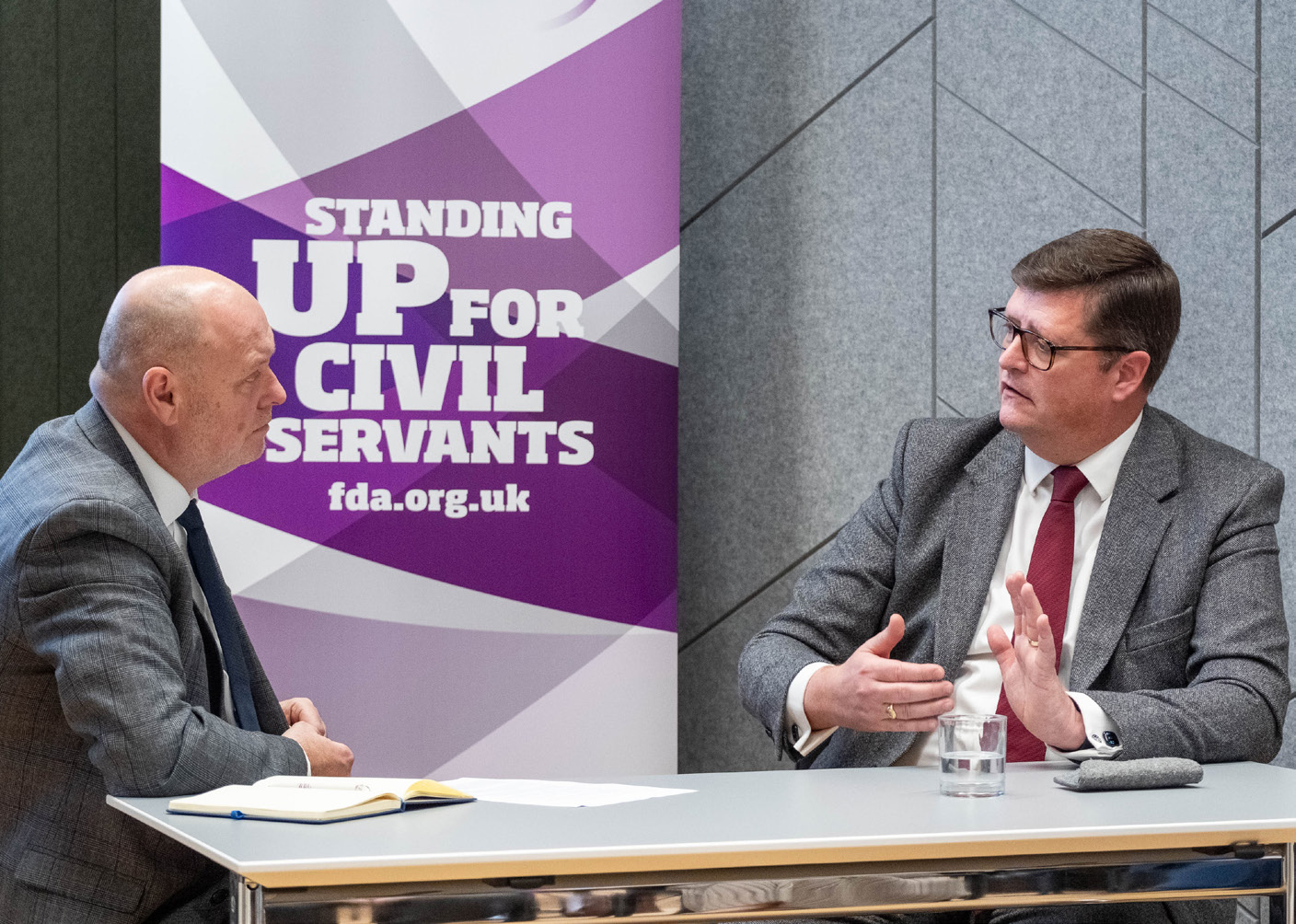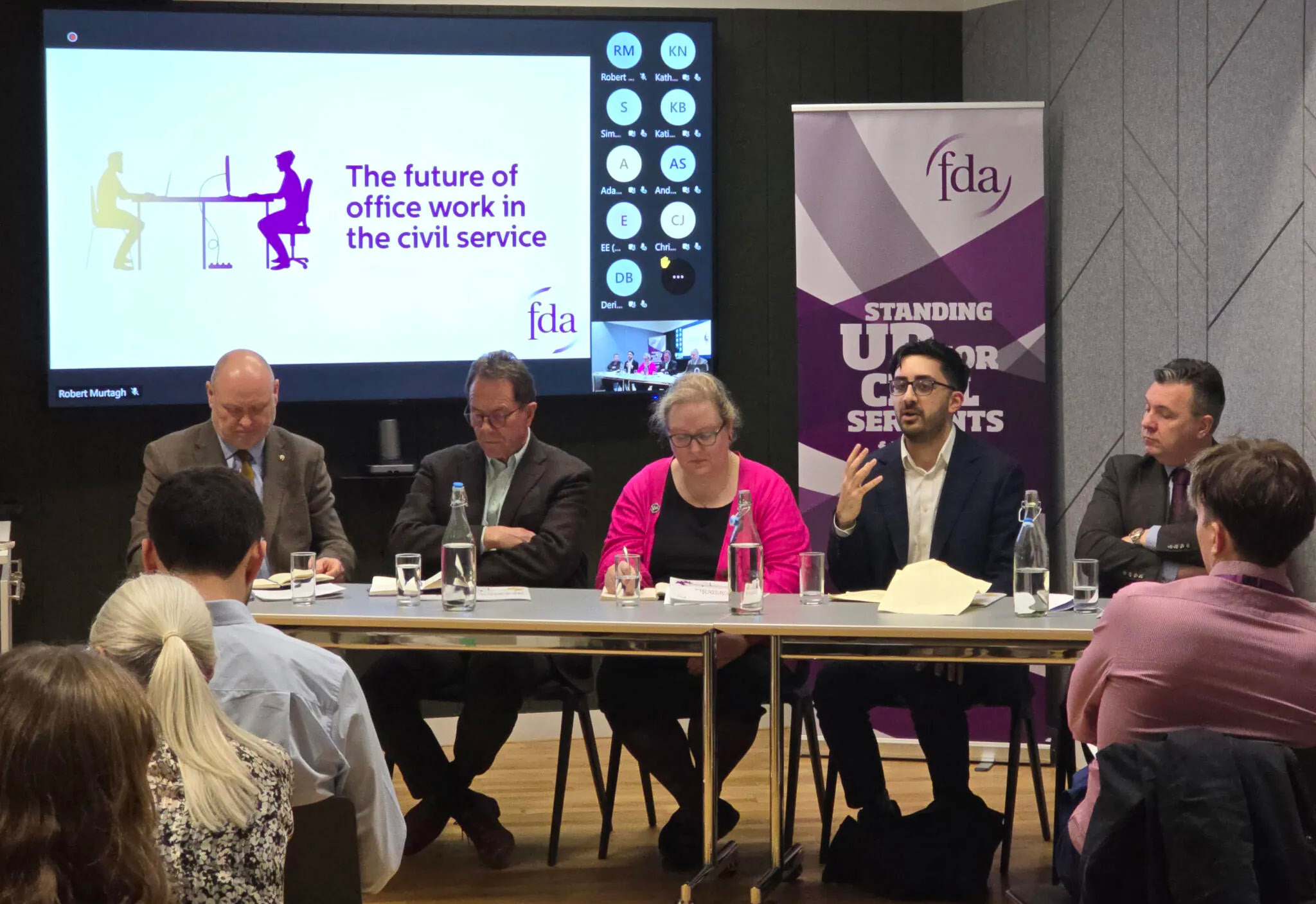Baby Loss Awareness Week: New guidance adopted in IPO

Over the past four years, my wife and I have suffered three miscarriages. Our experience is by no means unique. Over 1 in 4 pregnancies end in loss; it is very likely that you, a member of your team or wider family have been affected by these issues, and for that you have my heartfelt condolences.
Our story
Our daughter was born healthy at 31 weeks back in 2015, spending seven weeks in Neonatal Intensive Care. However, since then, we have suffered three miscarriages; one ‘chemical pregnancy’, one late-stage loss at 18 weeks named Daniel, and one termination on medical advice at 10 weeks. Fortunately, last year, my son [Noah] was born healthy following a long and complex pregnancy. Of course, not everyone gets their happy ever after.

Over the following weeks we were supported by a dedicated Bereavement Midwife and the funeral director who made all the arrangements for a private service and cremation.
What helped us move forward
The following may see somewhat cliché, but this is what we would say to a friend:
Moving forward
As a good friend educated me, be careful of the word recovery! The word has different meanings for different people. Many families don’t really ‘recover’, ie return to what they were; they absorb the impact, develop, evolve, move forward. Baby loss is the loss of hopes and dreams; a future that never was. Your experiences make you, you; they will always be with you, but you learn to live with the loss and move forward. There is a great video from David Haig, who says “don’t allow society to persuade you to get over, or recover, from this tragedy; you don’t have to, there is no need to get over it! Allow yourself to live alongside it.”
Give yourself time
A lesson I learned the hard way; in October 2020 we were advised to terminate a pregnancy at 10 weeks, the baby had a heartbeat but hadn’t developed sufficiently. This was days before covid lockdown 2. I took a few days, but then threw myself back into work dealing with Lockdown 2, then Tier 5, then lockdown 3. Deferring the grief and the constant pressures of work took their toll, resulting in a mental breakdown in February 2021, resulting in 10 weeks absence. You must deal with it, process it, in your own way at some point. You can’t run from it forever. Give yourself time, everyone moves through the grief process at their own pace.
Whatever works for you
There are many ways of coping and dealing with your loss, you do whatever works for you. Your mood may wildly oscillate, one minute angry, one minute emotional, one minute numb. I found physical exhaustion liberating, taking out my anger on a punchbag or weight training at home. Music can be therapeutic; loud and angry or soft and slow. Reading about other lived experiences, mindfulness (one day at a time), helpline and group support. Professional counselling is an option, but it’s important to seek professional assessment; there is a big difference between natural grief and complex trauma.
In the workplace
During these life changing experiences, I have benefited from great leaders who have provided support during the losses, the return to work and the anxiety of the pregnancy with Noah. However, it’s not always clear what support is available or what your options are. Different departments have different policies, or in most cases none at all, with no central guidance or policy.
Over the past five months I have been ‘campaigning’ and subsequently working with the national Civil Service HR to develop and introduce a new guidance package and special leave rules. This package has now been signed off nationally and adopted in full by the IPO. This guidance is a major step forward in providing civil service wide consistent, clear and empathic support to all colleagues affected by pregnancy loss, and guides managers and wider teams to ensure tailored support is in place for their return to work.
For the first time miscarriage is now formally included as a category of Special Leave, making it clearer to line managers that we want to support people through this terrible trauma. If I’m grieving and supporting my family, why do I need a fit note to take sick leave? and I’m not on holiday, so why do I need to use annual leave? The inclusion of miscarriage in the special leave gateway recognises the unique and complex nature of this grief.
I’m really proud to have played a leading role in this piece of work, which I know will give much needed support to those affected in their darkest days, and much needed clarity for line managers to confidently provide said support.
This blog originally appeared on the IPO intranet, where IPO staff can find more information about resources and support available to them.
You can read more about the model miscarriage guidance in this civil service blog: Miscarriage: Civil Service helps to break the silence
Related News
-

Under significant pressure: Interview with Director of Public Prosecutions
Tom Nathan speaks to Crown Prosecution Service Director of Public Prosecutions Stephen Parkinson about CPS’s handling of riots, the importance of impartiality and his plan to help reduce unmanageable prosecutor caseloads.
-

Changing the culture
HM Chief Inspector Sir Martyn Oliver sat down for an ‘in conversation’ event with FDA General Secretary Dave Penman, discussing the pace of change in Ofsted, challenging perceptions and tackling the long hours culture in Education.
-

Hybrid working: Led by evidence, not headlines
Tom Nathan shares the findings and recommendations of the FDA’s recent report on ‘The future of office working in the civil service’.